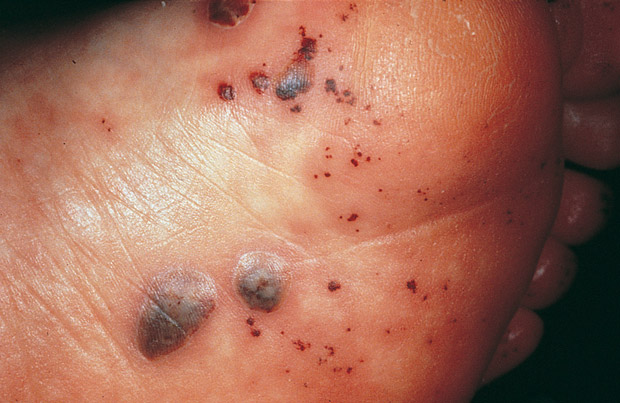Latest updates on ACP's priorities, initiatives
ACP Spotlight offers readers a look at ACP's current top priorities and initiatives, as well as highlights from our e-newsletter, ACP Internist Weekly.
ACP issues guidance statement for breast cancer screening

Average-risk women between the ages of 50 and 74 years who have no symptoms of breast cancer should undergo breast cancer screening with mammography every other year, ACP stated in a new evidence-based guidance statement published April 9 in Annals of Internal Medicine.
ACP's guidance statement does not apply to patients with prior abnormal screening results or to higher-risk populations, such as women with a personal history of breast cancer or a genetic mutation known to increase risk.
For its guidance statements, ACP relies on evidence presented or referenced in selected guidelines and accompanying evidence reports. ACP guidance statements do not include new reviews or searches of the literature outside the body of evidence referenced by the reviewed guidelines.
ACP offers recommendations to improve the ACA
“Improving the Affordable Care Act's Insurance Coverage Provisions” provides a set of recommendations to strengthen the ACA and lay the foundation for health care reforms that will lead to universal coverage for all Americans. ACP's position paper was published April 16 in Annals of Internal Medicine.
The paper calls for efforts to bolster the ACA, including stabilizing the health insurance market, expanding Medicaid, increasing competition in the marketplace, and amplifying awareness about how the ACA works to help patients and how to enroll in coverage plans. ACP also recommends that Congress enact legislation to develop a public insurance plan to ensure consumers have access to a variety of coverage options. The College also supports federal and state-led auto-enrollment programs to help make sure all individuals can successfully enroll in health care plans.
New ACP learning activity focuses on socioeconomically disadvantaged patients
Caring with Compassion, a new online learning activity focusing on care for socioeconomically disadvantaged populations, is now available from ACP.
The curriculum helps clinicians use team-based skills and biopsychosocial models of care to provide personalized care for at-risk patients, including homeless, uninsured, and underserved patients. Caring with Compassion is free to the medical community, and ACP members are eligible for free CME. Users must create a personal account for the site, which provides an individualized learning dashboard. Educators may access a complete instructor's guide, and additional resources include a clinical application tool.
Mini-bootcamp announced for new IM residents
An online mini-bootcamp will help graduating medical students prepare for the mental and physical demands of their upcoming internal medicine residency programs.
The six-session video series, created by digital learning provider OnlineMedEd, is free to student ACP members and accessible from ACP's website.
ICYMI: Highlights from ACP Internist Weekly
Nevada internist wins I.M. Proud contest. Tsung-Hsien Justin Lin, MD, a general internist with Renown Health in Carson City, Nev., received the contest's grand prize, a free one-year ACP membership. Dr. Lin's entry was among scores received for the contest. Runners-up received ACP I.M. Proud prize packs. Visit the I.M. Proud website to see videos of ACP members sharing why they are proud to be internists. Be sure to use the hashtag #IMProud when talking about internal medicine on social media and tag @ACPInternists.
Behavioral therapy appears more effective than pharmacologic therapy for urinary incontinence outcomes. Of 84 studies included in a systematic review, 32 examined stress incontinence, 16 examined urgency incontinence, 4 examined mixed incontinence, and 32 examined any or unspecified incontinence. In network meta-analysis, all interventions besides hormones and periurethral bulking agents were more effective than no treatment for at least one favorable incontinence outcome. The study results were published March 19 by Annals of Internal Medicine.




